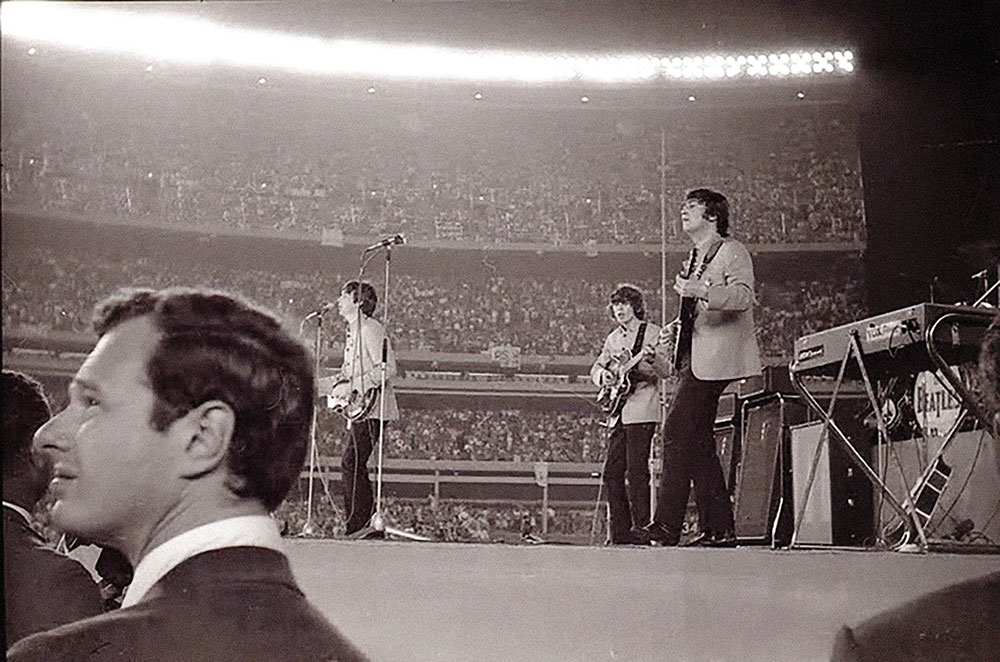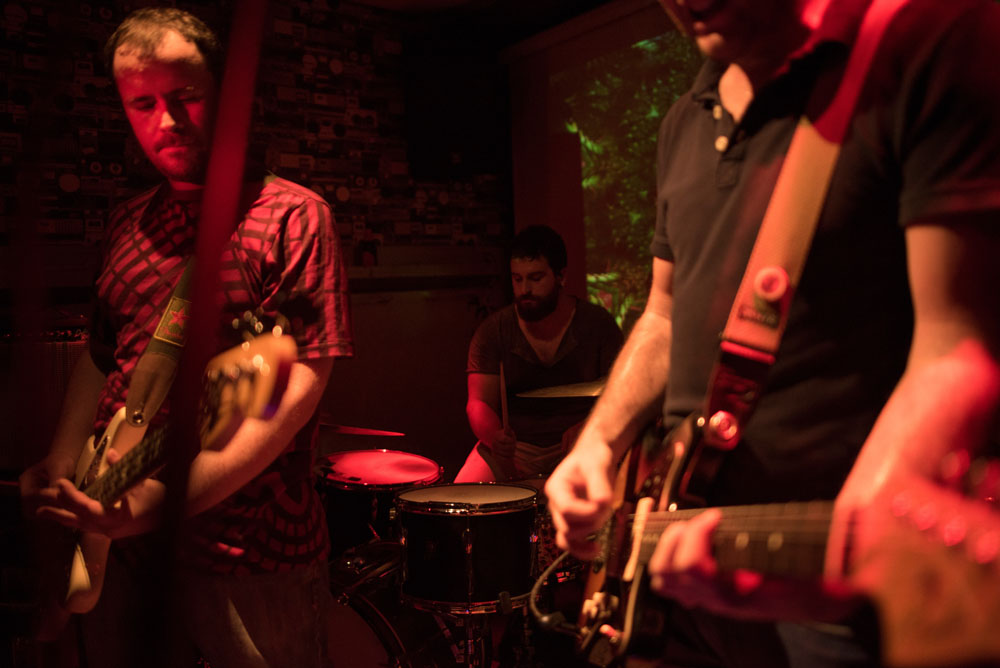Promises the melody of happiness
- Dark. As the rain fell out. People were jumping everywhere. I screamed. He had his eyes fixed on the movements of the haze. Double guitar punch and there begins Juan Carlos Pérez to sing: here we are and I am glad... we were then and we dyed against each other, we raised briquettes or lighters on, as if we had promised happiness by the magic of a song.

This year celebrates forty years, the pearls that the Itoiz group gave to Euskal Herria. It was recorded in 1978 in the Bacchanales studies of San Juan de Luz, by the hand of the newly created label Xoxoa. Today there are different versions: Mikel Erentxun (Duncan Dhu) and Amaia Montero (Van Gogh's Ear) put him on a album by Gaztea and EH Sukarra offered his with his fingers shrink. But once Joseba Irazoki tasted the delicate taste of the words of Juan Carlos Pérez, in the framework of Loraldia, one night at the Kafe Antzokia in Bilbao in which he paid tribute to Itoiz. There you always hear at the end of the festivities, about to break the gorges, the echoes of the Lau teilatu Eresia that scratches the night in the festivities of any town. In 2016, before the Eibar-Athletic match in San Mamés, the choir Sociedad Coral de Bilbao and 40,000 people made me a love song in a whiskey.
It would be in Aiherra or in Garazi. He came to Itoiz, to this Iparralde, to present the violet album of the same name as the group. We heard the four roofs and then it entered our brains. I do not know what we had then to feel so miserable, I will die tomorrow between the beer, the cider and the kalimotxo that we claimed the imperative need for happiness promised us by the quintet of Mutriku and Ondarroa. The song had to be cathartic, the taumaturgo, that is, something healing, which we actually needed. In the south it was the transition after the death of Franco, the Basque movement was in question, some abandoned the armed struggle and others were more affected by artifacts and shots. No one will deny that it was a time of doubt, and the promise to be tomorrow, felix, in those conditions, like fat, would have gone best in reflection.
Here we are,
and
I'm happy, and I'm
sure your father too; and how good…
how did I say your white scarf?
Still, – recently seen in the bar Abando on the occasion of the Aste Nagusia in Bilbao – it is enough for someone to murmur us here, so that almost all the song slips under the tongue, as if it were always new as the source. Juan Carlos Perez, Jose Garate alias Foisis Jauna, Jose Antonio Fernandez, Estanis Osinalde, Joseba Erkiaga flautan, German Ors, later known Jimmy Arrabit battery and towards the end Jean Marie Ekay and Xabi Pery formed the Itoiz group. Each musician marked with his mark the evolution of Itoiz over ten years. They continued with the Indar Trabes group, founded in 1974, moving from animating the dances to spreading the sounds of progressive and symphonic rock relatively fashionable then on our shores.

Juan Carlos Pérez (1958, Mutriku) was the soul and mind of the Itoiz group. He wrote most of the lyrics and melodies, but in the debut albums there is the name of the Lekeitiarra poet Joseba Alkalde, and later, that of José Mari Argoitia and Bernardo Atxaga, among the authors of letters. Lau Teilatu has been spilled entirely from the Perez donation. We imagine young voids that in one of the fins of the Basque coast have a quiet night, lying down, with four roofs at the edge of their eyes and in the center of the moon, one with a guitar in the hand and the other playing the drum, a flute with an air in the air, the pores one to the other, the rounded lips and casting smoke, simply to enjoy life. Repetition breaks a little bit that softness of the imagination, bitterly, because we learn that they're not happy at all, or at least want to be happier in the future.
Four roofs with the
moon in the middle and
you looking
up, with your smoke
in your hands with a puddle… I blow!
It will come to me
and we will be
happy again in
the festivities of any people.
We don't know who's yours the singer refers to, whether it's a man or a woman. Maybe it didn't matter. Different readings can be made. And of course they have been done! In the song there is an absent father, and you the character cries, each listener can be, the tear takes away the color! The father, prisoner or fugitive, was nothing more than a step to represent him.
Singing
of sweets
Maria Solt de Benito.
They
didn't cry white,
and tears discolored you.
Pearl Lau Teilatu has not caught wrinkles. Here we have it as fresh as we hear it for the first time, impregnated with a kind of moving eternity. The new generations learn as if they were contemporary! The truth is that, in this sense, it enters the raft of Basque songs, in short, all elementary, to which one can no longer change without giving its balance in a vicious circle, because it is an attractive music that immediately captures the spirits. It took us and the generation continues to hunt. He was not a second in ETB's 2005 Best Basque Song competition, right behind Xalbador's Death (1978), by Xabier Lete. We forget that these songs have authors and are already presented to us as popular in Franco.
María Solt, by Benito Lertxundi, reaches an end of the line to swell the biases. Lau Teilatu marks a milestone between the old generation of singers and pop-rock fans that will come. In the 1970s, the Basque song was electrified thanks to Anje Duhalde and Mixel Ducau, from the Errobi group and Niko Etxart. Likewise, the folk singers of Hegoalde were a little locked up in the acoustic world and artists like Izukaitz or Haizea were looking for new ways, trying to merge folk music with symphonic rock. It comes from this crucible of Itoiz, Mr. Foisis on the right of the board and with an amazing presence of the flute sound.
Benito Lertxundi (1942, Orio) has been one of the great names of the rebirth of the Basque song, by the Ez dok Amairu group. Besides offering his own creations like how many queques, he courageously drank from the Sulatina tradition, although he brought a little the Sulatina pronunciation that some liked. The version of Maria Solt is found in the 1975 album … and is titled Maita herria ''. Lertxundi picked up the cocks of the mining and ironic bertsolari of Etxahun Barkoxe (1786-1862) and updated them with a gentle sound. The old lady Etxahun falls in love with Maria Solt and Kastea, a sterile couple waiting for a child and falls in love with her in an age. Four Roofs in Pargatas is an intersection of centuries, an important link.
Felix, felix tomorrow
we will be back with a
little champagne;
no money but the
stars are with us, playing a piano.
In the 1980s, the situation of the Basque Country was harsh. The bowling groups, which would be called the Basque Radical Rock, were already shaking the tables as punk. They denounced the general atmosphere of repression and police violence, first in Spanish and, sooner or later, also in Basque. In those times, as in many other fields, one had to choose: He was a fan of Itoiz and, therefore, avoided politics or was a follower of Hertzainak and yelled until he left her at peace at night, wishing for the free future of Euskal Herria.
In the Faktoria program of the Basque Country Irratia, on May 5, 2018, when I mentioned Lau teilatu, Juan Carlos Pérez said: it made me feel very naked. He's so sincere, so authentic, so teenage -- forty years later, for him it's a good song, circular. Although doomed to walk without money, the song promised the sound of a piano, a little champagne and friendly happiness. We do not choose it, and at the head of everything, those four roofs are already the symbol of the shadow and peace in the festivities of any people…
Negu-usaina nabari da Gasteizen. Aire hotza, aire freskoa eta, batik bat, aire berria. Montaukek bigarren diskoa argitaratu du, Geruzak. Beñat Goitiak geruza askoz betetako lan hotz eta trinkoa dela dio. Igartzen da, eta badakigu: iritsi da negua.
Many of us were slightly traumatized by the fact that the band said “we don’t know how long” on the Camino; we were starting to get a little melancholy seeing one of the peaks of the Basque pop outside the circuit; and then comes Imanol Ubeda, the frontman of that band,... [+]


















